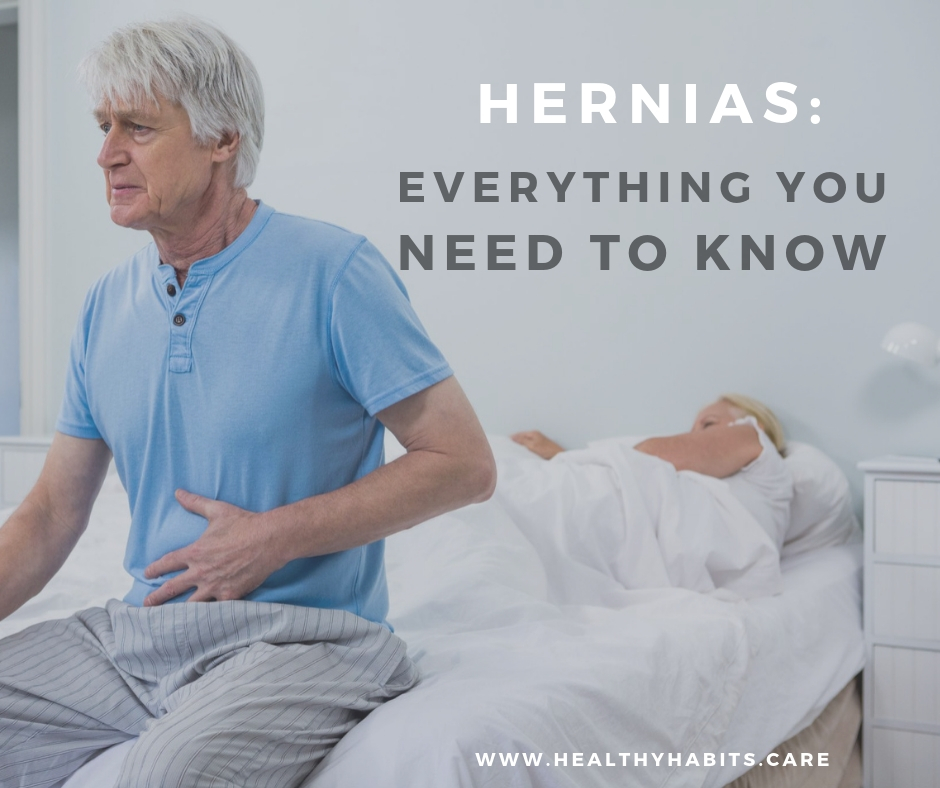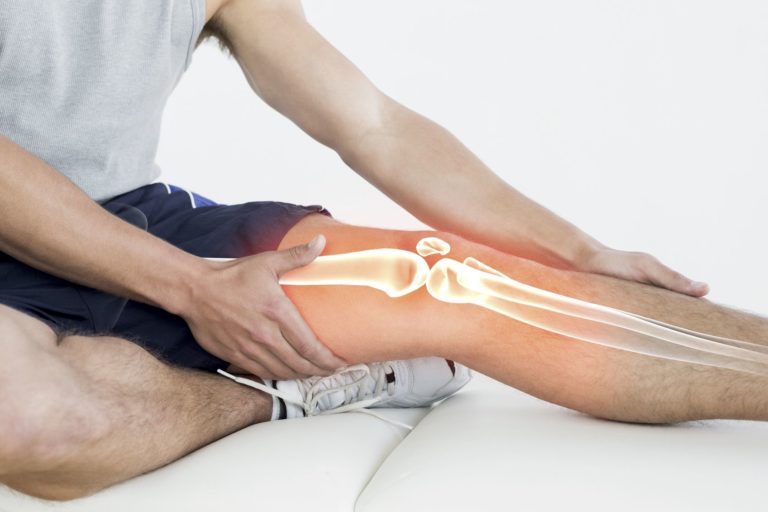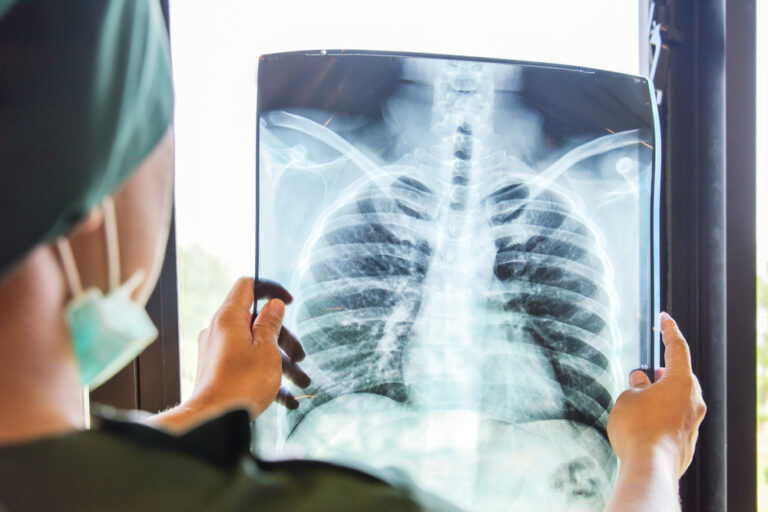
A hernia happens when an organ pushes through an opening in the muscle or tissue that holds it in place. For example, the intestines may break through a weakened area in the abdominal wall.
Hernias are most common in the abdomen, but they can also appear in the upper thigh, belly button, and groin areas. Most hernias aren’t immediately life-threatening, but they don’t go away on their own. Sometimes they can require surgery to prevent potentially dangerous complications.
There are four common types of hernia: inguinal hernia, hiatal hernia, umbilical hernia and incisional hernia. They are caused by a combination of muscle weakness and strain. Depending on its cause, a hernia can develop quickly or over a long period.

























